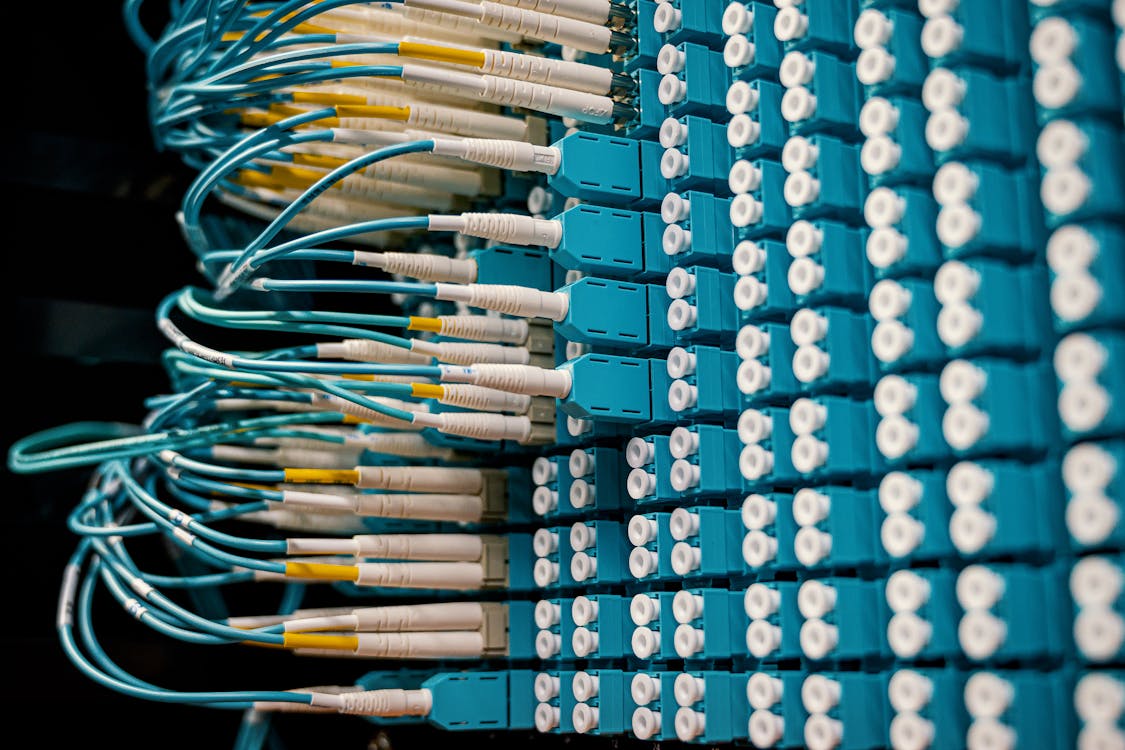Are Altcoins Decentralized?
Author: ChatGPT
March 09, 2023
Introduction
The world of cryptocurrency is a rapidly evolving one, and with the emergence of altcoins, it has become even more complex. Altcoins are alternative cryptocurrencies that have been created to provide an alternative to Bitcoin. They are often referred to as “altcoins” because they are alternatives to Bitcoin. But what exactly makes them different from Bitcoin? One of the key differences between Bitcoin and altcoins is their degree of decentralization. In this blog post, we will explore the concept of decentralization and how it applies to altcoins.
What is Decentralization?
Decentralization is a term used to describe the process by which power or authority is distributed away from a central point or authority. In the context of cryptocurrency, decentralization refers to the lack of a single entity controlling or governing the network. Instead, it relies on a distributed network of computers that work together in order to validate transactions and secure the network. This means that no single entity can control or manipulate the network, making it more secure and resistant to censorship.
How Does Decentralization Apply To Altcoins?
Altcoins are decentralized in much the same way as Bitcoin is decentralized. They rely on a distributed network of computers that work together in order to validate transactions and secure the network. This means that no single entity can control or manipulate the network, making it more secure and resistant to censorship. However, there are some key differences between Bitcoin and altcoin decentralization that should be noted.
First, altcoins tend to have smaller networks than Bitcoin does, which means they may be more vulnerable to attack or manipulation by malicious actors. Additionally, many altcoin networks are not as well-established as Bitcoin’s network is, meaning they may not have as much security or stability as Bitcoin does. Finally, some altcoin networks may be more centralized than others due to their reliance on certain nodes for validation purposes (such as masternodes).

Are Altcoins Truly Decentralized?
The answer depends on which altcoin you’re talking about and how decentralized its network actually is. Some altcoin networks may be more centralized than others due to their reliance on certain nodes for validation purposes (such as masternodes). Additionally, some altcoin networks may not be as well-established as Bitcoin’s network is, meaning they may not have as much security or stability as Bitcoin does. Ultimately, it’s important for users to do their own research into any given cryptocurrency before investing in it so they can make an informed decision about whether or not it’s truly decentralized enough for their needs.

Conclusion
In conclusion, while most altcoins are decentralized in much the same way that Bitcoin is decentralized, there are some key differences between them that should be taken into consideration when deciding whether or not an altcoin is truly decentralized enough for your needs. It’s important for users to do their own research into any given cryptocurrency before investing in it so they can make an informed decision about whether or not it’s truly decentralized enough for their needs.I highly recommend exploring these related articles, which will provide valuable insights and help you gain a more comprehensive understanding of the subject matter.:www.cscourses.dev/are-altcoins-scams.html, www.cscourses.dev/will-altcoins-disappear.html, www.cscourses.dev/are-altcoins-securities.html
